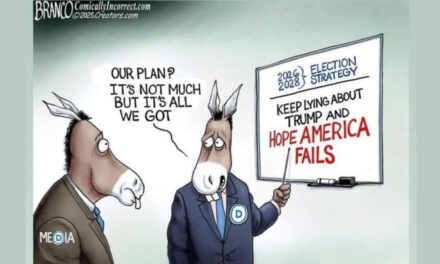
How Inequality will affect the future of Capitalism
It’s interesting when the cream rises to the top of an economic society it is questioned, and rightly so in a republic, for its virtues. It is easy to look in the rearview mirror and point fingers at the billionaires who changed the way the bourgeoisie lives. Liz Warren (friends call her Liz) believes that you only need a modicum of incentive to work your butt off to be successful in America. After all, she and her comrades know much better than Bill Gates et al how to redistribute wealth or mitigate income inequality.
How cavalier of her to jest with Gates on her disdain of extreme wealth, saying she wouldn’t take his entire $100 billion net worth (don’t believe it), but only $10 or $20, or maybe $50 billion of his fortune. That a girl. Gates is a liberal and still may vote for this Robin Hood who doesn’t understand the Laffer Curve, which reasons that liberalism can only be a mental disorder.
With the fall of communism, the world was thought to behold a new societal era ushered in by the strength created by capitalistic wealth. Now that notion is not so certain. In a new book, “Capitalism, Alone”, Branko Milanovic of the Stone Centre on Socioeconomic Inequality at the City University of New York argues that this unification of humankind under a single social system lends support to the view of history as a march towards progress.
This thesis is under attack as the belief that liberal capitalism will prove to be the destination has been weakened by financial and political dysfunction in the rich world, and by the rise of China, whose quasi-capitalism cannot be taken for granted.
Classic capitalism of the late 19<sup>th</sup> century gave way to a more democratic social-capitalism in the mid-20<sup>th</sup> century, and then to liberal capitalism that operates in rich economies of the world today. This metamorphosis had reason and was necessary to a point to ensure its existential workings and that it would provide a means of advancement that was previously only offered to the nobility. Perhaps the root of modern socialism is that our current liberal capitalism has its genesis in the welfare state that pre-dated it.
As of late, the belief that far from being the fourth estate, the media are becoming a sort of fifth column that threatens democracy from within, but we all know this. The mantra that the top one percent of the top one percent controls more wealth than the bourgeoisie is trumpeted as a battle cry against the liberal capitalist who made their rhetoric possible. Tolerance for inequality derives from the way in which riches, in a meritocratic system, are earned by people of extraordinary talent.
And why shouldn’t it be? Does the fifth column prefer the feudal system, in which a worker, known as a “vassal,” receives a piece of land in return for serving a lord or king?
Perhaps a bump in the evolution of capitalism is upon us. However, it is also possible that the apparent march of progress, from coarser versions of capitalism to better ones, was not a historical inevitability. The question to be answered is how far liberal capitalism will push America to the left, and will this eventually allow it to fall off a cliff into socialism, which is always there to catch the falling.

























The freedom to seek income inequality is the American Dream, and it has worked better than anything else people have tried.
You can count me as one of the enemies of democracy. Along with our brilliant founders, I support our (dying) republic. For more information: http://www.diffen.com/difference/Democracy_vs_Republic
Well, I suspect you know what you’re talking about – but I certainly don’t. WTF man, can you rewrite this in English please. It’s not like you’re limited for space – you can take your time, ask your wife if she understands it and then pass it by the kids to see where there just might need some backstory or some definition or something. Good grief. I would like to know what you’re talking about after all.